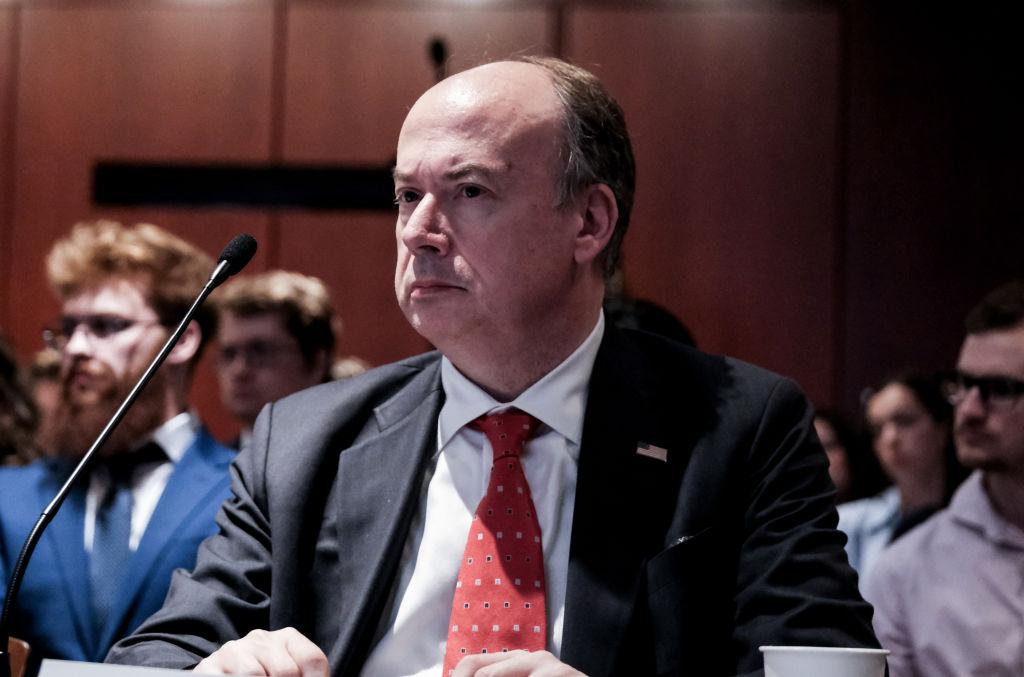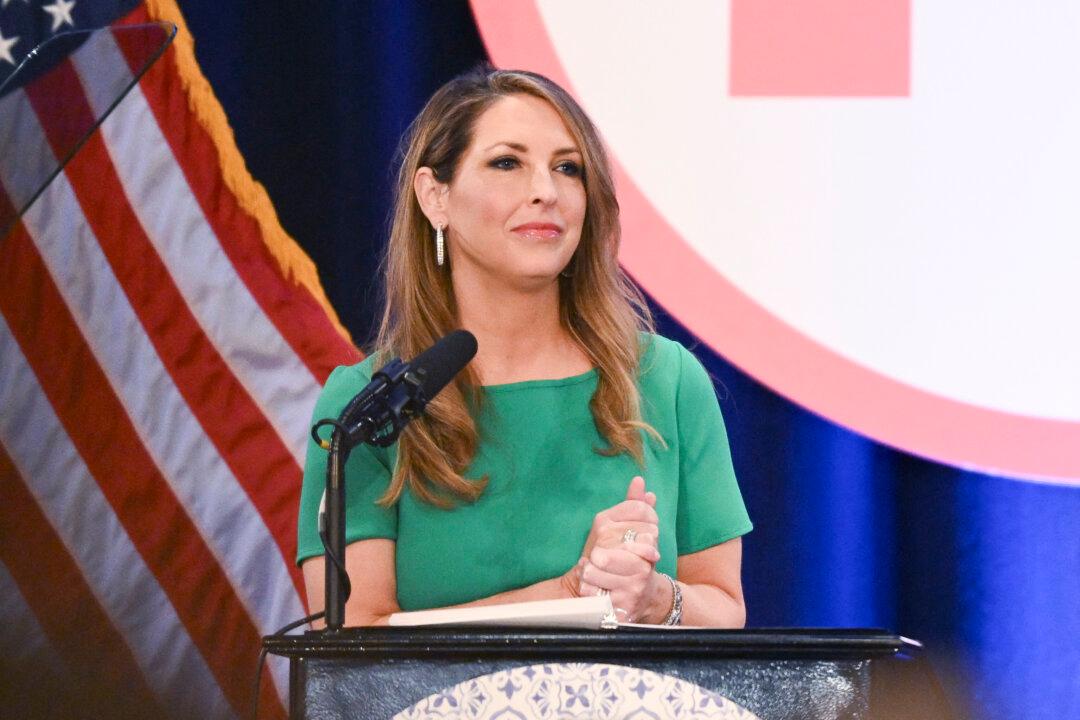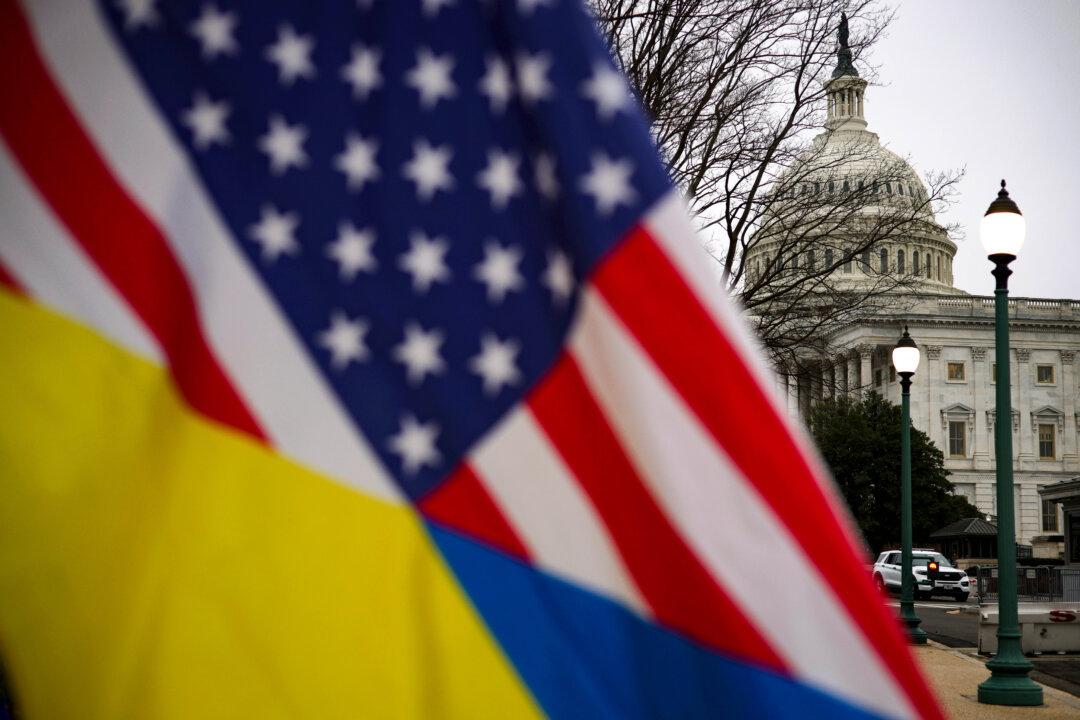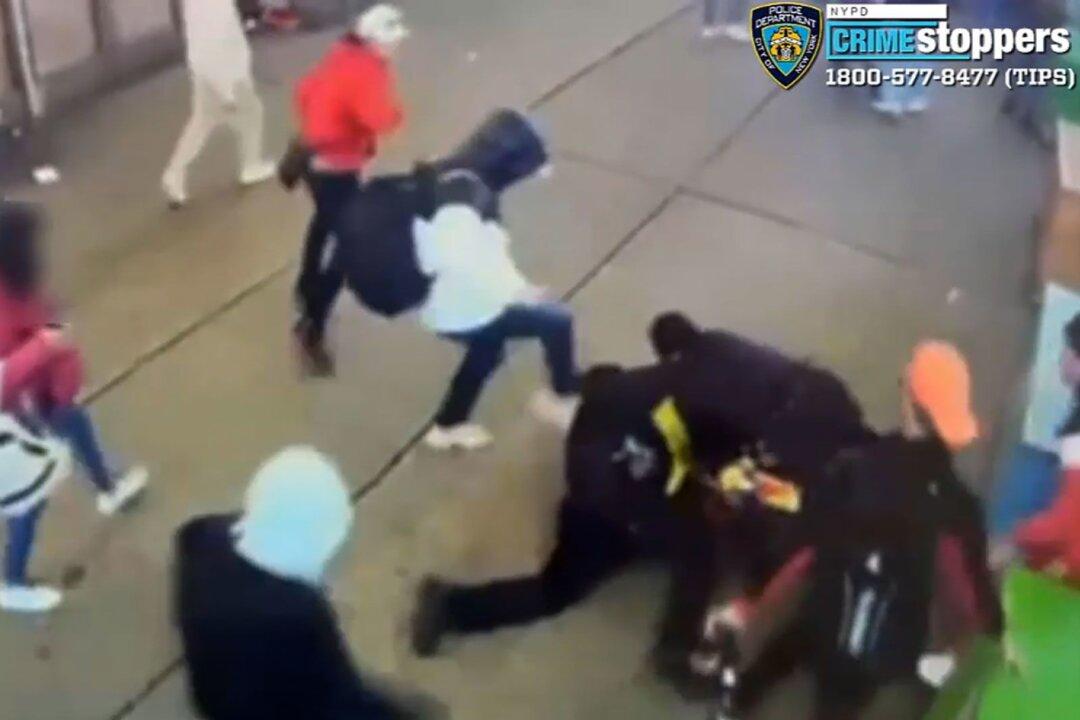President Donald Trump told former Justice Department (DOJ) official Jeffrey Clark to honor his executive privilege in his upcoming disciplinary proceeding.
“In light of these circumstances and the pending D.C. Bar disciplinary proceeding against you, which is set to begin before Hearing Committee #12 on March 26, 2024,” Mr. Trump’s attorney Todd Blanche wrote in a letter on Jan. 12. “We hereby instruct you to maintain President Trump’s executive privilege and other related privileges, including law enforcement privilege, attorney client privilege, and deliberative process privilege.”





